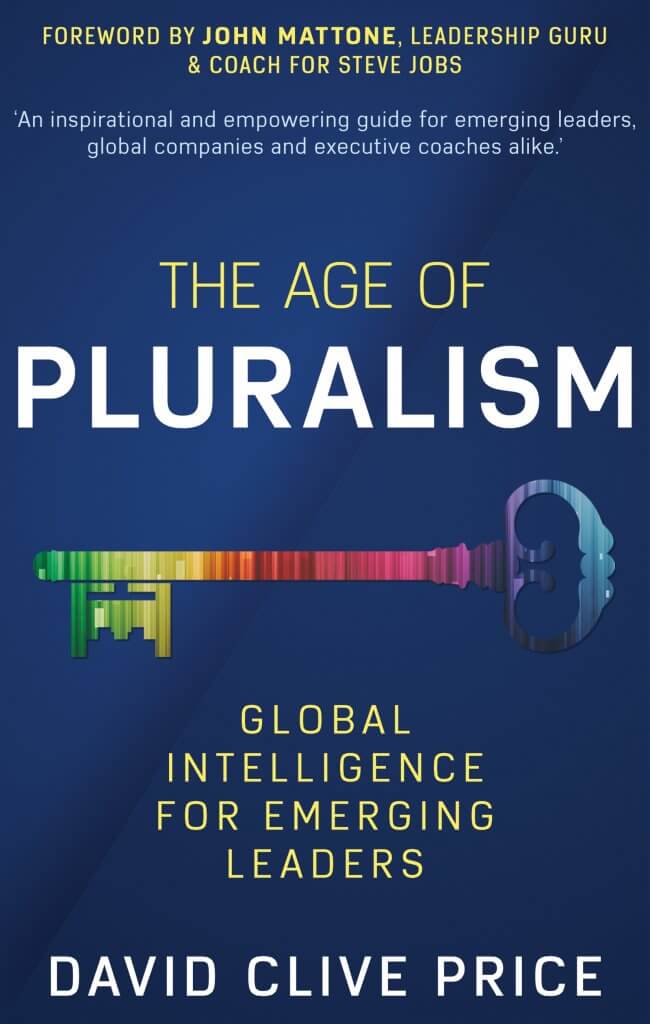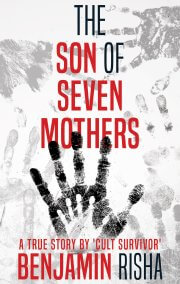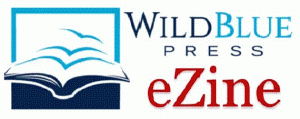
Foreword by JOHN MATTONE leadership guru & coach for Steve Jobs
‘An inspirational and empowering guide for emerging leaders, global companies and executive coaches alike.’
The Age of Pluralism is a clarion call for pluralism in an age of increasing tribal and nationalist defensiveness. To drive this multicultural world, David Clive Price offers the leaders of the future a global leadership toolkit – for increasing teamwork and innovation, and for leveraging diversity of generations, backgrounds and cultures.
This book is structured on a clear and actionable process to help create stronger leaders in today’s multidimensional business world. It’s not an academic or how-to primer, even if it proposes proven scientific models that can help leaders on their way. Above all, the book speaks personally and directly from my own experience in many countries and in many different work and life situations around the world.
Leadership capacity and development has always been a key concern for executives and senior HR professionals. This concern has been heightened recently by increasing globalization and business complexity as well as the impending retirement of vast numbers of seasoned leaders.
At a time when organizations need more leaders—and more experienced global leaders—organizations are facing the single largest departure of leaders in modern history. This leadership gap has led an increasing number of organizations to place renewed emphasis on the development and acquisition of emerging leaders—particularly members of Generation X (aged 34-54) and Millennials or Generation Y (aged 20-34).
Leadership development has been slow to catch up. According to a recent study, only 52 percent of Millennials feel prepared to take on their new roles. Given that frontline leaders play such a crucial part in the near-term implementation and execution of business strategy, these gaps will have serious negative impacts on long-term growth.
Millennials aged 20-34 are estimated to number some 78 million in America alone. The global population of emerging leaders is exponentially greater, and is now ready to reshape the world’s economy. Research shows that 40% of Millennials believe they are capable of having a global impact in some way.
So what is being done to equip them?
Clearly, many organizations use executive coaching to address leadership challenges. Executive coaching is a $1.5 billion per year industry, with most of the biggest enterprises now using coaches.
‘Here is a superb resource for any leader, executive or coach who wants to quickly rise to a new level of success in the complex and richly diverse business world of today and tomorrow.’
— Marshall Goldsmith, Thinkers 50 – World’s Most Influential Leadership Thinker

The numbers continue to increase. Industry surveys suggest there are 25,000 + business coaches in Europe, which comprises about 40 per cent of all business coaches in the world (estimated at 150,000+)
However, while executive coaching is top-of-mind for executives and HR, research shows that only 35% of the organizations used executive coaching for their emerging leaders.
By contrast, 48% of the organizations used executive coaching for VP level and senior executives, while 65% of the organizations surveyed did not cite executive coaching as an important developmental strategy for their high-potential pipeline.
This represents a significant opportunity for organizations and coaches – especially in light of what different generations expect from their employers. Generation X employees want a casual, independent, flexible environment, and a place to learn; Generation Y employees want a structured, supportive, and interactive environment. Both want continuous growth and “connectedness” with people – including people they interact with throughout the world.




 Join our email list
Join our email list
Leave a Reply